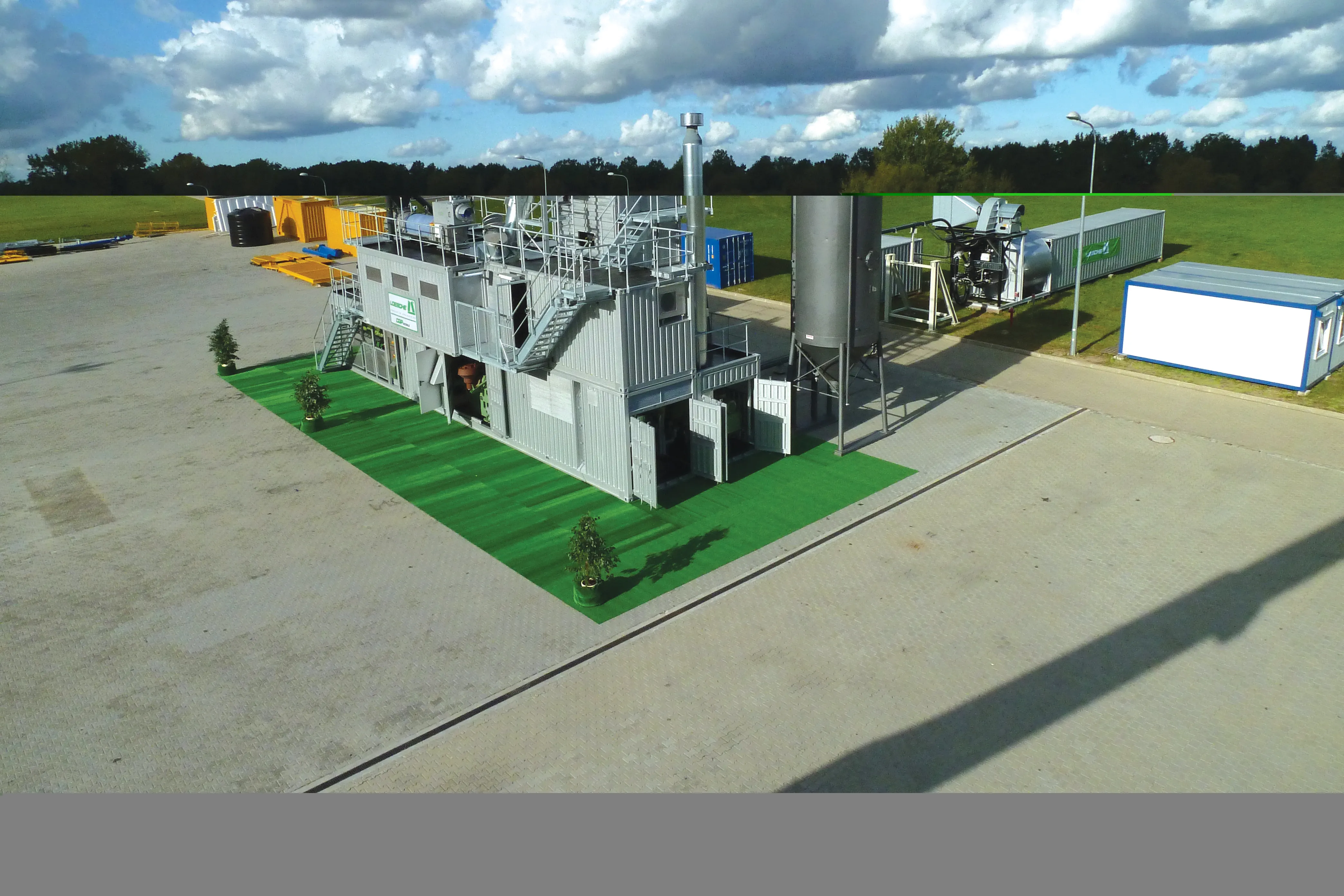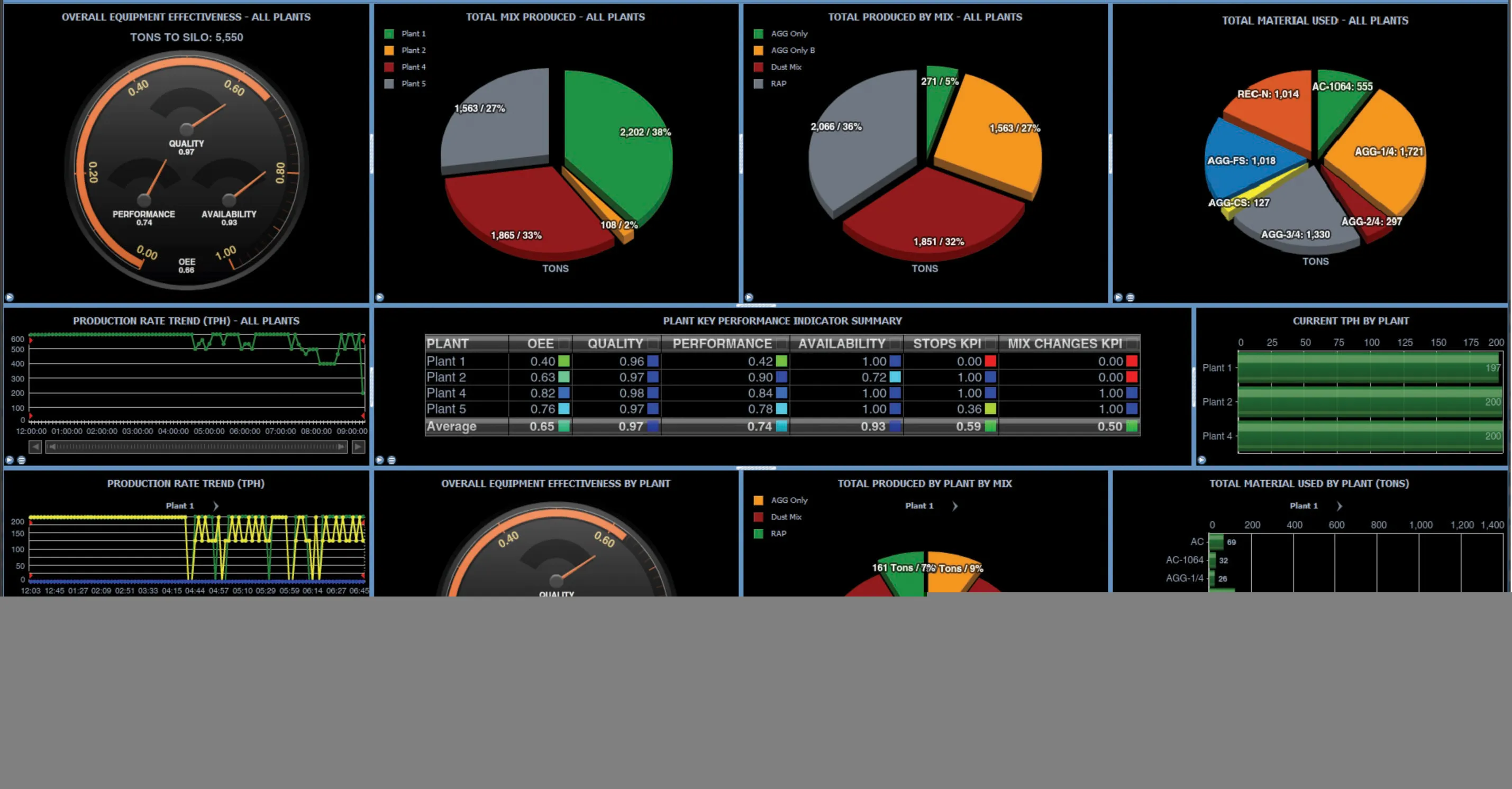Japanese manufacturers intend to launch a number of fuel cell powered electric vehicles (FCEVs). Honda, Nissan and Honda are all planning to introduce commercially available fuel cell vehicles in Japan. Toyota has been working on a project to develop fuel cell vehicles in partnership with German firm BMW. Nissan has been jointly developing fuel cell vehicles in partnership with Ford in the US and Daimler Benz in Germany. Meanwhile Honda has been working on its own fuel cell vehicle project. Toyota says that
May 1, 2013
Read time: 2 mins
Japanese manufacturers intend to launch a number of fuel cell powered electric vehicles (FCEVs). 2288 Honda, 2454 Nissan and Honda are all planning to introduce commercially available fuel cell vehicles in Japan. 2728 Toyota has been working on a project to develop fuel cell vehicles in partnership with German firm 1233 BMW. Nissan has been jointly developing fuel cell vehicles in partnership with 3423 Ford in the US and 3992 Daimler Benz in Germany. Meanwhile Honda has been working on its own fuel cell vehicle project. Toyota says that it expects to sell around 700 units/year of the vehicle it has developed with BMW at first and that the models will cost upwards of US$50,000 each. The first fuel cell vehicles could well hit the market by 2015, with the unit price expected to drop as production increases. Because the fuel cell vehicles use hydrogen they only produce water vapour emissions and are favoured from an environmental perspective. Criticisms of fuel cell vehicles in the past have focussed on their cost and also on the large energy requirements in producing hydrogen for fuel. The form issue will be dealt with at least in part as production of the vehicles increases although the latter has still to be fully addressed. Hydrogen fuel stations will also have to be set up and some already exist. Safety fears over the use of hydrogen as a fuel have been said to be largely unfounded however as in the event of a fuel tank breach, hydrogen disperses very rapidly and is considerably safer in this respect than many conventional fuel types.








